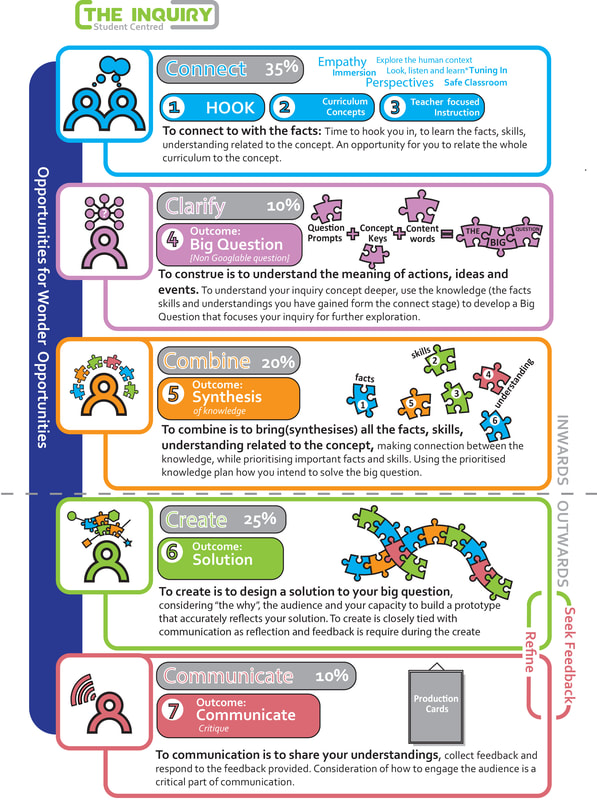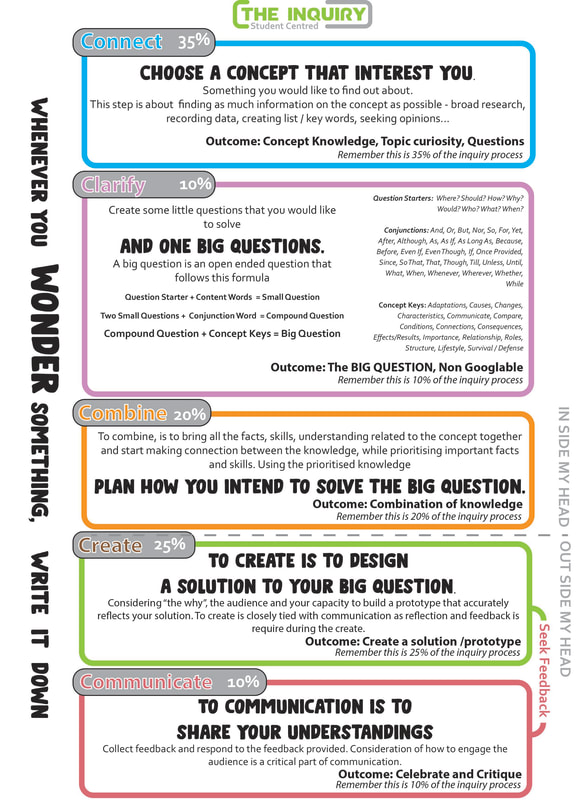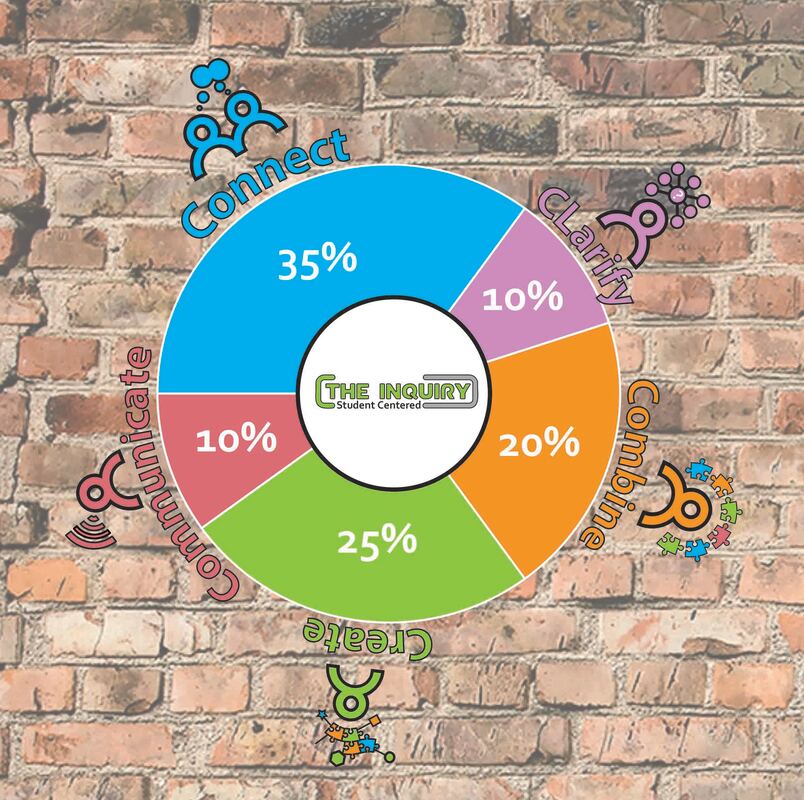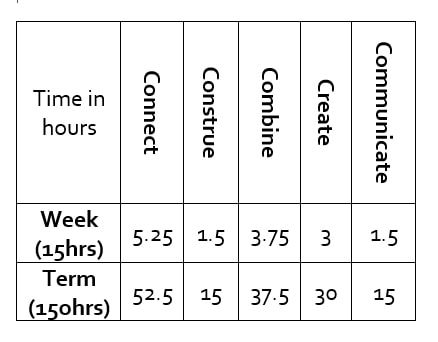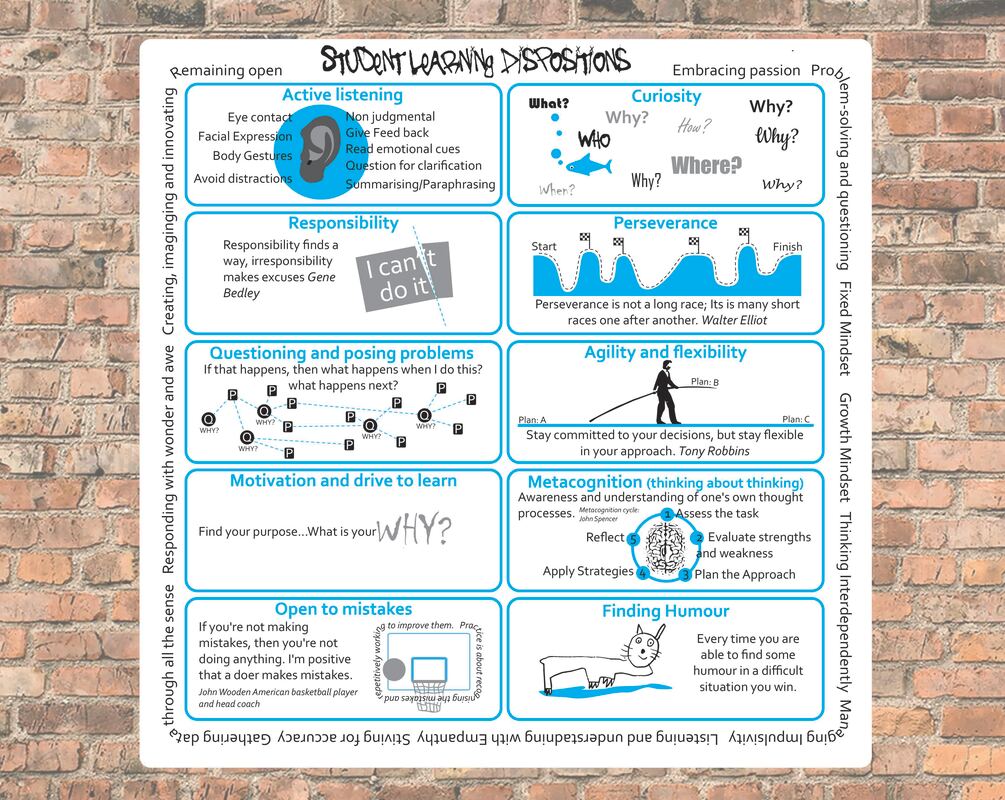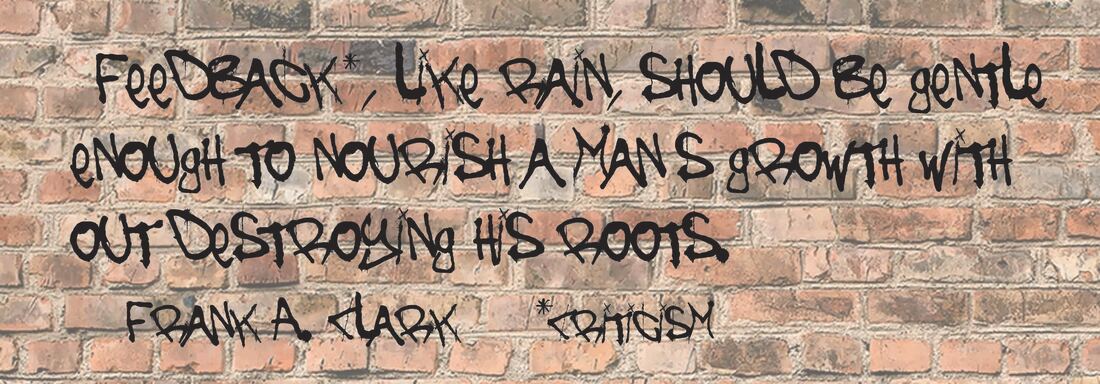C The Inquiry Framework - Introduction
C the inquiry behind the scenes
All learning is related to understanding and practicing skills related to a concept or concepts, sometimes we can become distracted in the content that surrounds the concept when it is presented.
The key to any inquiry is to recognise the concept you are exploring and consistently check your learning back to this concept. As learners we can be distracted by our personal interest paths and bias’s. These distractions can lead us deeper into understanding the concept, but often lead us away if we don’t remain focused.
C the Inquiry is a process that provides the learner with a framework to explore a concept. Big or small.
It is broken down into 5 key areas:
All learning is related to understanding and practicing skills related to a concept or concepts, sometimes we can become distracted in the content that surrounds the concept when it is presented.
The key to any inquiry is to recognise the concept you are exploring and consistently check your learning back to this concept. As learners we can be distracted by our personal interest paths and bias’s. These distractions can lead us deeper into understanding the concept, but often lead us away if we don’t remain focused.
C the Inquiry is a process that provides the learner with a framework to explore a concept. Big or small.
It is broken down into 5 key areas:
Connect, Clarify, Combine, Create, Communicate.The sixth and seven unwritten C’s are courage and Commitment.
|
| ||||||||||||
Each element will be explained in more detail on links above.
To journey through a successful inquiry, there are a few key things to keep in mind. Time, Learning disposition and feedback
Time: All inquiries need to be time managed. There can be a tendency to shorten some areas and lengthen others.
The Connect Stage is all about understanding what there is to know about the concept and associated thoughts and ideas. It is theoretically the longest stage, around 35% of the process. Unfortunately, this can also be the most tiresome stage and learners often skip through this stage to get to the making stage (Create). So, time is a factor that needs to be attended to throughout the process.
Time: All inquiries need to be time managed. There can be a tendency to shorten some areas and lengthen others.
The Connect Stage is all about understanding what there is to know about the concept and associated thoughts and ideas. It is theoretically the longest stage, around 35% of the process. Unfortunately, this can also be the most tiresome stage and learners often skip through this stage to get to the making stage (Create). So, time is a factor that needs to be attended to throughout the process.
Learning dispositions: Engagement is key to the success of an inquiry. Without the will to succeed the journey will stall and focus will be hard to maintain. Inquiry learning is not an easy process. If done well, it should challenge, throw up questions that may distract or stifle progress. Without the right disposition learners can find it hard. So what is a learning disposition?
|
We all have different ways of learning and different ways of approaching learning. Some of these ways of learning are much more productive than others. Our instinctive ways of learning may need to be added to or refined to improve our ability to take on new concepts.
The concept of growth and fixed mindsets (C Dweck 2006) play a big part when examining learning dispositions. Dweck explores the need for a positive disposition when creating solutions. Interestingly she also states that a fixed mindset is equally important, it’s just choosing the mindset for the moment. Listed below are some positive ways of learning (positive learning dispositions). Some are relevant to different times in the learning process, while some are useful all the time. |
Take some time to think about your inherited learning dispositions and start thinking about the ones you want to learn or improve.
Constructive Feedback: Although constructive feedback is pretty self-explanatory, its important to remember that it is a critical part of the process. Constructive Feedback needs to be provided by both yourself and others. We are often blinded by our own opinions and bias as such seeking constructive feedback can help guide the path of your inquiry journey. It can also hold the learner more accountable for their actions during the inquiry. Feedback needs to be received as a positive, although this can be challenging at times, (this is where a good learning disposition is important).
What are you like at receiving feedback? What are you like giving it?
Feedback can be: Appreciative, Encouraging, anecdotal, Guidance, motivational, (Written or oral)
What are you like at receiving feedback? What are you like giving it?
Feedback can be: Appreciative, Encouraging, anecdotal, Guidance, motivational, (Written or oral)

